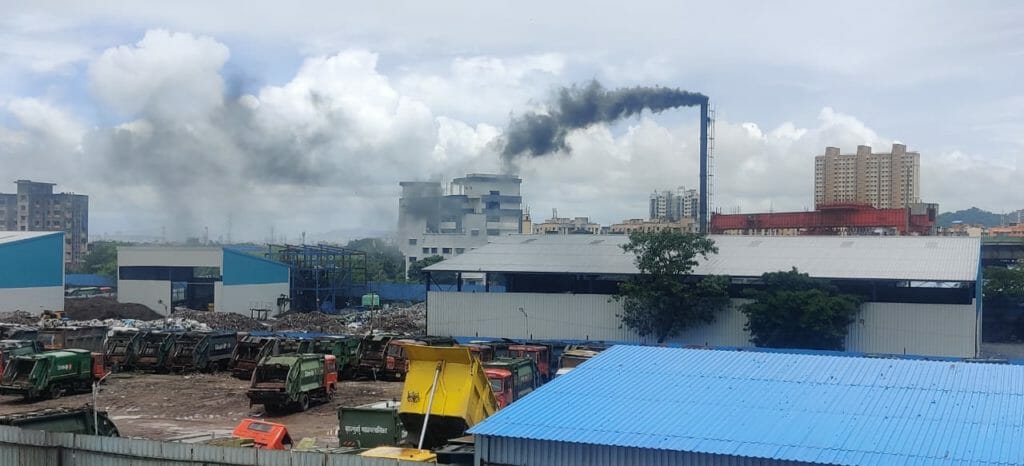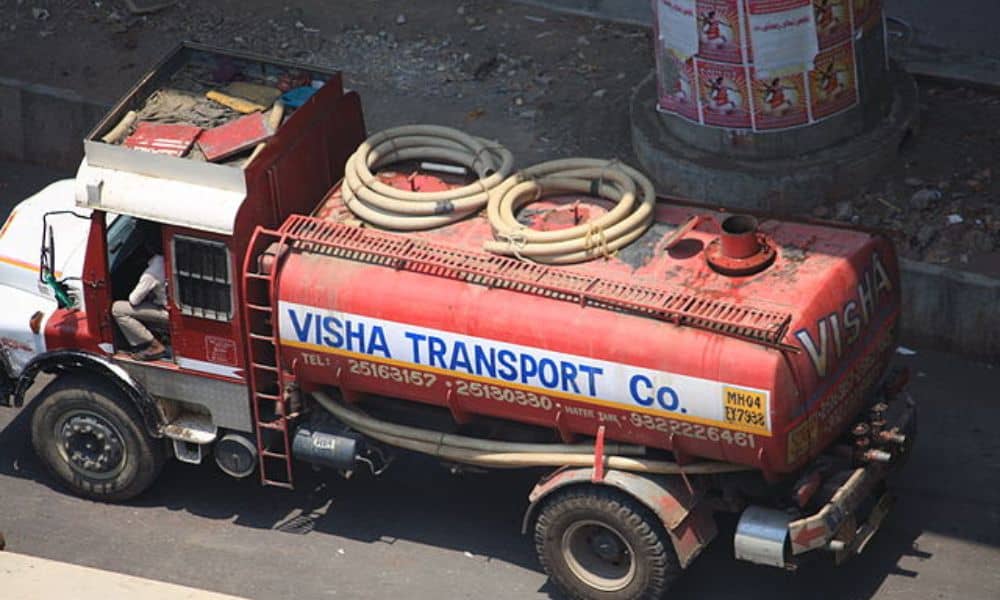Dalit student’s death: Family says he faced harassment at IIT-Bombay
The family of an 18-year-old Dalit student at the Indian Institute of Technology-Bombay, who reportedly died by suicide earlier this week, told NDTV that he had faced caste discrimination on the campus. The first-year student hailed from Ahmedabad and was enrolled in the Bachelors in Technology (Chemical) course at the institution in Mumbai.
The institute had earlier said that “discrimination by students, if at all it occurs, is an exception”. However, the institute said that it had carried out two surveys, in 2022, across its campus, to record various forms of discrimination faced by the students of the Scheduled Caste (SC) and Scheduled Tribe (ST) community, The Hindu reported on February 16th.
Read more: IIT Bombay fee hike: Facts and figures that explain why students are on a hunger strike
The institute has kept the results of these surveys confidential. In light of the recent incident, IIT Bombay’s student-led Ambedkar Periyar Phule Study Circle (APPSC) has demanded that the results be made public.
Source: NDTV, The Hindu
We approved shifting of biomedical treatment plant from Govandi in 2020: MPCB tells court
The Maharashtra Pollution Control Board (MPCB) told the Bombay High Court that in 2020 it had approved the shifting of the biomedical waste treatment plant run by the Brihanmumbai Municipal Corporation (BMC) at Govandi . It sought the dismissal of a public interest litigation (PIL), filed by the Govandi New Sangam Welfare Society (GNSWS), that wanted the facility to be shifted from Govandi to Navi Mumbai.

The court had earlier said the plea raised “serious concerns”. GNSWS has been fighting a battle against the biomedical waste treatment plant for quite some time now. In October last year, it alleged that the treatment plant is directly responsible for a rising number of tuberculosis cases in the locality.
Source: The Indian Express
Mumbai became the most polluted city in India
Mumbai overtook Delhi as the most-polluted city in India and the second most polluted city globally within a week between January 29 and February 8, according to Swiss air tracking index IQAir, a real-time air quality monitor.
Read more: Air purifiers to combat pollution: a cosmetic measure or an effective solution?
The city experienced terrible air quality this winter so much so that the BMC decided to install smog towers (large air purifiers) in parts of the city. A 2021 analysis by System of Air Quality Weather Forecasting and Research (SAFAR) concluded that there are three main sources of pollutions in Mumbai: dust due to transport, emissions from industries, and bio-fuel.
Source: Hindustan Times
Strike by Mumbai’s water tanker association impacts coastal road project
Due to the ongoing strike by the Mumbai’s Water Tankers Association, all the construction work for Mumbai’s Coastal Road that will require large amounts of water has been suspended.
The Times of India reported that the situation has also caused some restaurants, which rely on tanker water, to use bottled water to maintain sanitation and hygiene. The association went on a strike on February 9th after police issued a circular warning of FIR against those not following new rules of Central Ground Water Authority.

Among other things, the rules include ban on filling tankers on roads or footpaths. As of now, it is not known when the association plan to withdraw their strike.
Source: Times of India
New TB drug administered to eight children under five on compassionate grounds
At Byculla’s Maharashtra government-run JJ Hospital, eight children, including a 10-month-old, are amongst the youngest in the country to receive two of the newest anti-tuberculosis drugs: bedaquiline and delamanid. This move falls under a special project to assess the safety of the drugs in infants and young kids.
Read more: How community health workers conduct annual TB, leprosy survey
The World Health Organization paved the way for the drugs to be used in children of all ages in March 2022, but reports suggest India has been slow to adopt the change due to lack of paediatric data. The JJ Hospital was selected last October as a nodal centre with conditional access to provide the two drugs on compassionate grounds to children under 5. This was mainly to evaluate outcomes and adverse effects.
Source: Times of India